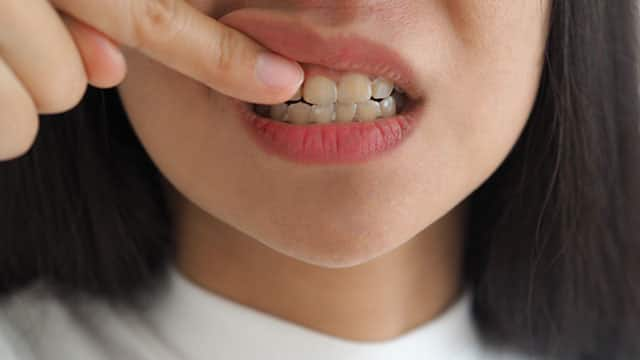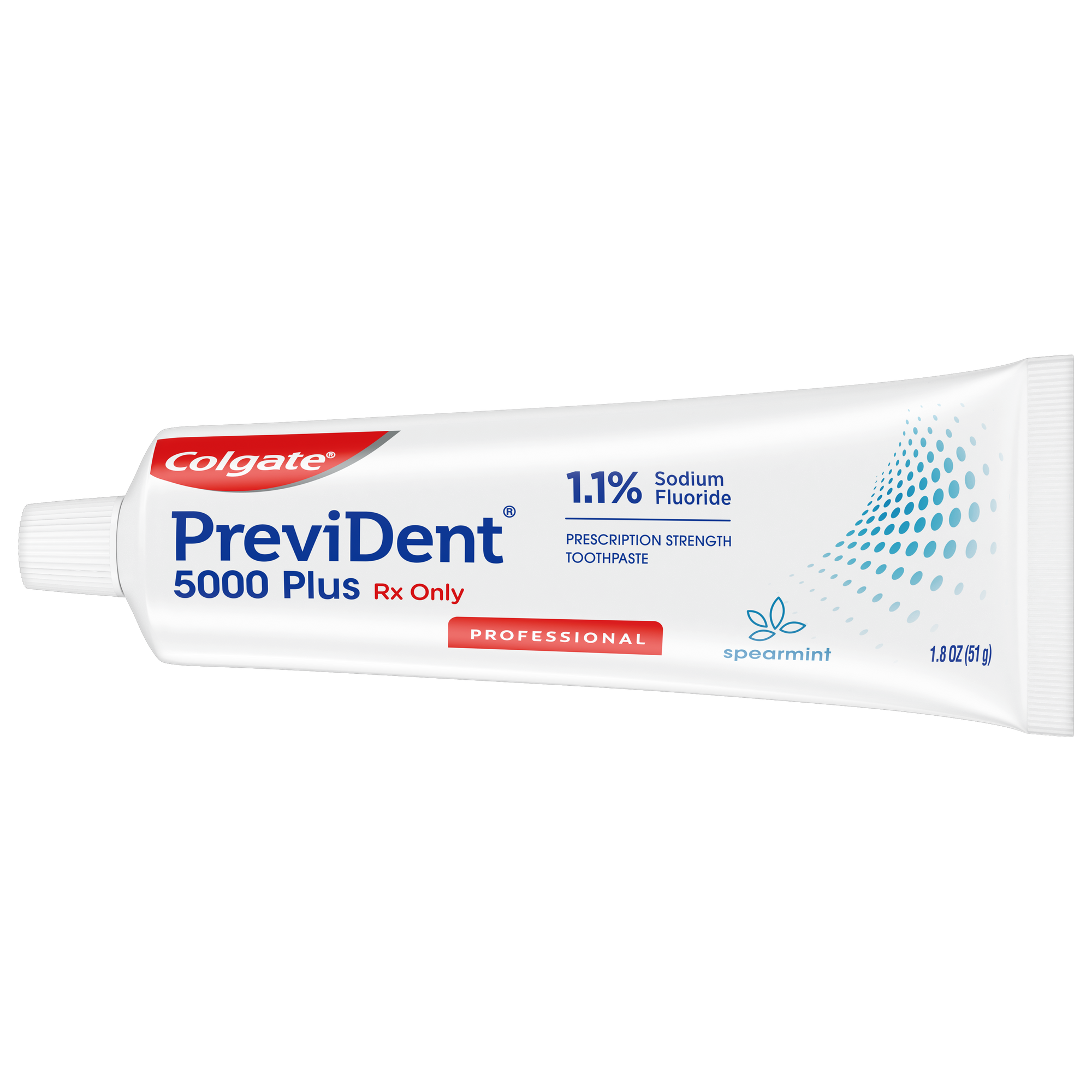A shingles outbreak typically starts with sensitivity and a tingling or burning sensation on the skin. After a few days, the burning sensation turns into small red blisters. These blisters are highly contagious: even if a shingles outbreak begins in one part of your body, it can spread to other regions such as your mouth. Mouth shingles can be pretty worrying and painful, so you should know what it is and how to spot it so you can treat it quickly.
Can You Get Shingles in Your Mouth?
Yes, you can get shingles in your mouth—it is also called oral shingles. Once infection occurs with the herpes zoster virus, it remains in your system. Blister outbreaks may be rare or happen when you're stressed or immune-compromised. Unfortunately, these oral shingles blisters can be painful and take up to four weeks to heal. Shingles in the mouth can lead to:
- Mouth sensitivity
- Difficulty chewing
- Fatigue
- Muscle aches
- Lack of appetite
- Increased risk of bacterial infections
Oral Shingles Treatment
Shingles treatment can involve antiviral medications and anti-inflammatories to treat the blisters. If you're worried you have a shingles outbreak, call your primary care physician or dentist as soon as you feel a burning or tingling sensation or notice the blisters.
They may prescribe antiviral medications to treat the active viral outbreak. These medications can promote the recovery process. But they are most effective when you begin the regimen early. That's why you should seek immediate care if you suspect you may have shingles. Your physician or dentist may also recommend over-the-counter pain relievers to decrease inflammation.
Oral Care with Shingles
If you have developed new or have healing shingles blisters in the mouth, maintain proper oral hygiene so the ruptured blisters don't get infected. Be careful not to irritate the blisters with your toothbrush, which may slow healing and make them more painful. However, keep brushing your teeth and flossing daily. Your dentist may recommend an antibacterial mouthwash to keep your mouth clean to promote healing.
Shingles Prevention
Unfortunately, researchers aren't sure what exactly causes a shingles outbreak. Not every person who has had chickenpox gets shingles as an adult. Stress is also linked to blister outbreaks. Managing stress and being alert to medications that may compromise your immune system can help.
The shingles virus is common among adults, and you may not experience a shingles outbreak. But remember that if you do break out in those blisters, contact your physician or dentist, and they can diagnose shingles or another type of blister, help treat the active virus and help the blisters heal faster.
Healthcare providers or individuals over the age of 60 are at higher risk for shingles. You may choose to be vaccinated for the Herpes Zoster virus. These vaccinations are available through both pharmacies and medical offices.
This article is intended to promote understanding of and knowledge about general oral health topics. It is not intended to be a substitute for professional advice, diagnosis or treatment. Always seek the advice of your dentist or other qualified healthcare provider with any questions you may have regarding a medical condition or treatment.
ORAL HEALTH QUIZ
What's behind your smile?
Take our Oral Health assessment to get the most from your oral care routine
ORAL HEALTH QUIZ
What's behind your smile?
Take our Oral Health assessment to get the most from your oral care routine















